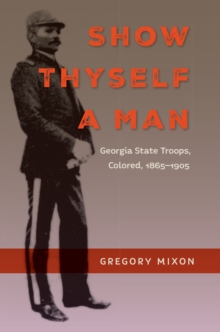
Everybody's Problem : The War on Poverty in Eastern North Carolina PDF
by Karen M. Hawkins
Part of the Southern Dissent series
Description
"Offers a new interpretation of the war on poverty by demonstrating the centrality of moderate local leadership (both white and black) in launching and operating antipoverty programs."-Marisa Chappell, author of The War on Welfare: Family, Poverty, and Politics in Modern America“Hawkins has done a remarkable job of mining the sources and reconstructing the reality of what was going on in eastern North Carolina.â€â€”Frank Stricker, author of Why America Lost the War on Poverty—And How to Win It
While many scholars have argued that confrontation and protest were the most effective ways for the poor to empower themselves during the social change of the 1960s, Karen Hawkins demonstrates that moderate leadership and biracial cooperation were sometimes just as forceful. Everybody’s Problem shows these values at play in the nation’s first rural-based Community Action Agency to receive federal funding as a part of Lyndon B. Johnson’s War on Poverty.
Hawkins describes the founding of Craven Operation Progress in one of the poorest regions of North Carolina. She discusses the philosophies and tactics of its directors and outlines the tensions that arose between local leadership and federal control. Using previously untapped primary sources, including oral interviews with antipoverty workers and local citizens, records from the U.S. Office of Equal Employment Opportunity, and documents from the North Carolina Fund, Hawkins adds to the story of the factors that helped lower poverty rates and advance economic development during the 1960s and beyond.
A volume in the series Southern Dissent, edited by Stanley Harrold and Randall M. MillerInformation
-
Download - Immediately Available
- Format:PDF
- Pages:392 pages
- Publisher:University Press of Florida
- Publication Date:10/12/2017
- ISBN:9780813052045
Other Formats
- Hardback from £85.00
Information
-
Download - Immediately Available
- Format:PDF
- Pages:392 pages
- Publisher:University Press of Florida
- Publication Date:10/12/2017
- ISBN:9780813052045










